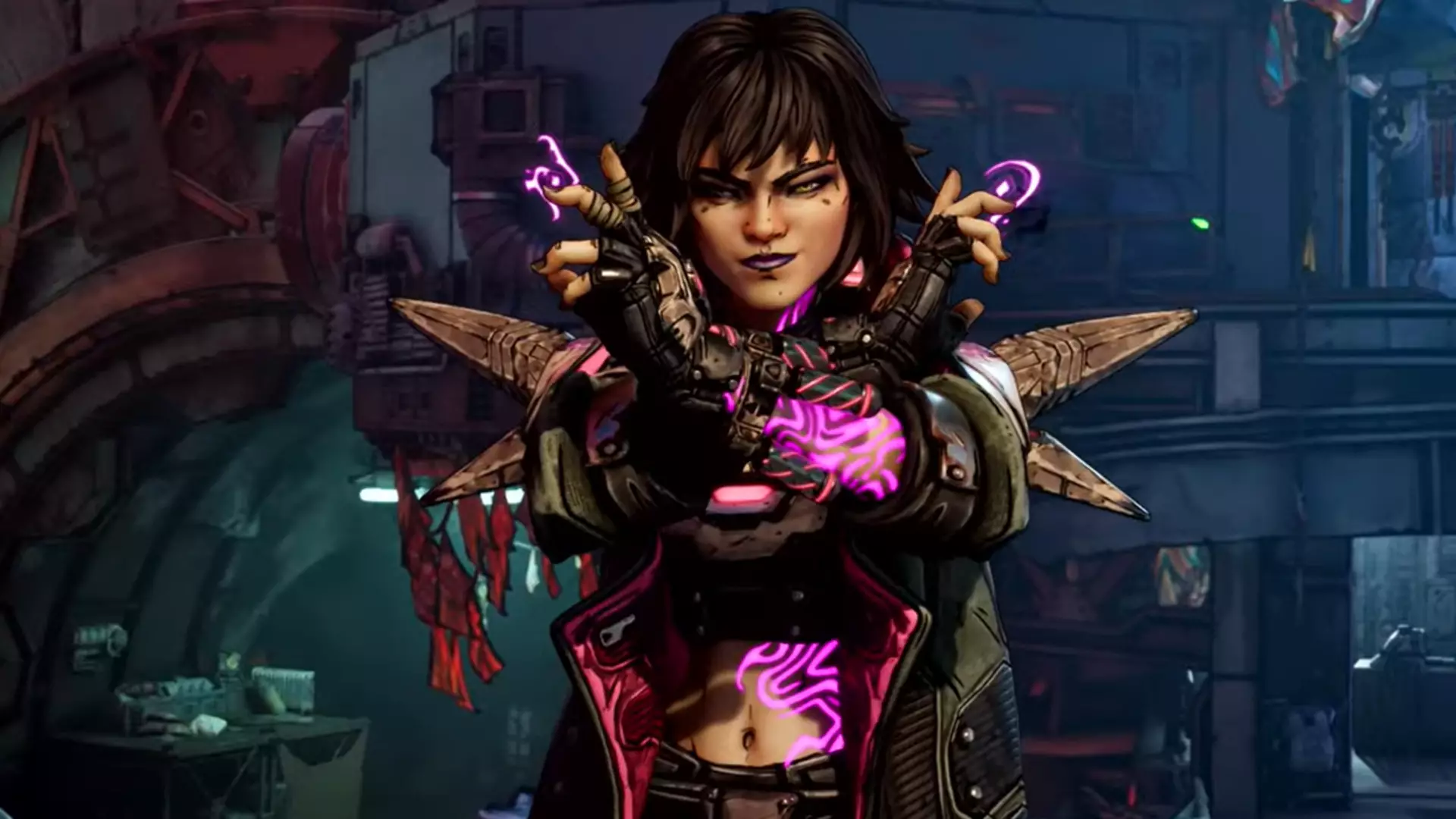As the gaming industry comes to terms with inflation and rising production costs, a provocative statement from Borderlands 4’s boss, Randy Pitchford, has ignited a fervent debate among gamers. With the possibility of the highly anticipated sequel carrying an $80 price tag, Pitchford’s comments, particularly his insistence that “real” fans will fork over cash without hesitation, raise eyebrows. It is a reflection of a trend where financial realities clash with fan expectations, leading to uncomfortable conversations about the value of entertainment in an era increasingly defined by economic factors.
Fan Loyalty or Corporate Priorities?
Pitchford asserts that the pricing decision is ultimately out of his hands, pointing towards the publisher, Take-Two Interactive, to cast the final vote on pricing strategy. While corporate structures typically empower executives like Pitchford to influence product pricing, the sharp divide between consumer sentiment and corporate accountability is crucial. Pitchford’s encouragement for fans to “find the money” may resonate with a niche audience devoted enough to absorb the costs, but it can feel out of touch for many.
This perspective arguably undermines genuine fan loyalty. Are players expected to remain devoted supporters even as costs escalate? The idea that loyalty must translate to financial sacrifice is tantamount to equating fandom with financial feasibility, which many gamers find hard to digest. Real fans should not be subject to a test of their love for the game through their wallets, especially in a period marked by economic uncertainty.
A Bittersweet Anecdote
Pitchford backed up his stance with a personal story about buying the Sega Genesis game Starflight in 1991, despite being a minimum-wage worker. While nostalgia can evoke positive feelings, this example might be more illuminating than inspiring. With inflation, the equivalent investment in today’s market starkly exaggerates the sacrifice Pitchford was making back in the day. Today’s consumers don’t enjoy the same financial environment nor the same disposable income that Pitchford did as a young adult with fewer expenses.
Moreover, many potential customers have rapidly evolving financial responsibilities, from student loans to living expenses far higher than what Pitchford faced decades ago. It’s easy for someone in a position of influence, with a background suggesting financial support, to prescribe simplistic solutions to what many perceive as escalating gaming costs. While reminiscing about the past can create a sense of connection, it is vital to recognize that nostalgia often lacks acknowledgment of present realities.
The Community Response
The reactions to Pitchford’s remarks have been mixed, with a significant portion of the gaming community expressing confusion and frustration. Responses hint at a broader sentiment: that gaming is not merely a product, but a cultural phenomenon. Consumers are becoming increasingly aware of their power and their rights as customers; venturing into a realm where loyalty equates to unquestioning expenditure feels dismissive of their commitment to the brand. The backlash on social media suggests that players are keen to articulate their concerns, driving home the point that the relationship between consumers and corporations is shifting dramatically.
In today’s interconnected digital age, brands are being held accountable more than ever. Gamers are voicing their opinions not only on forums, but even directly to the executives who handle their beloved franchises. As audiences continue to interact with gaming companies, it is crucial for these companies to recognize the pulse of their consumer base rather than fall back on dated paradigms that prioritize profit margins over community connection.
The Future of Gaming Pricing
Looking ahead, the discussion surrounding pricing emphasizes the need for a re-evaluation of market practices. Are gaming experiences, especially ones as hyped as Borderlands 4, inflated beyond their worth? The industry must reflect on how loyalty can be better cultivated without imposing harrowing costs. Developers and publishers need to engage with their audiences rather than fuel adversarial relationships characterized by financial strain.
It might be time for the likes of Randy Pitchford and other executives to rethink their approaches, ensuring that their rhetoric aligns not only with corporate interests but also with the realities faced by the community they serve. The rise of digital sales, subscription models, and alternative monetization strategies present opportunities to bridge the gap, transforming how games are priced and enhancing the relationship between gaming companies and their loyal fanbase.

